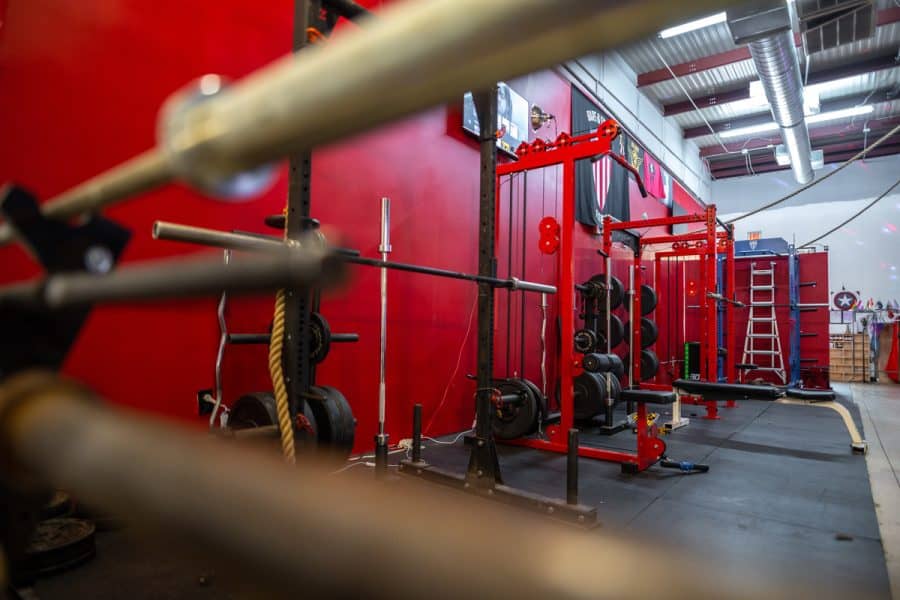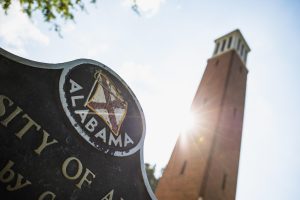Local Gyms Should Affirm LGBTQ+ Health
August 17, 2022
Just four days after the overturning of Roe v. Wade, Alabama Attorney General Steve Marshall begged the federal courts to drop their block on Alabama Senate Bill 184.
This bill effectively eliminates certain healthcare practices for transgender youth, making the future of healthcare for trans individuals and the greater LGBTQ+ community in Alabama uncertain. While other states have similar bills, Alabama is the only state that makes gender-affirming care for trans youth a felony.
With the health rights in the LGBTQ+ community in jeopardy, many are left to question what can be done to combat the agenda of the Alabama Legislature. When our government fails to uphold the health of a marginalized group, it’s up to everyone else to assure that other health outlets are readily available for that group.
Some non-medical outlets for health have not always been welcoming to queer communities. Discrepancies in treatment make access to physical health and development more difficult for queer individuals, making an already unequal healthcare system more stringent.
The most available options for staying physically healthy are punctuated throughout Tuscaloosa. Gyms line the city, with over ten separate fitness centers in Tuscaloosa proper. University Recreation also hosts campus gyms and other fitness activities.
While gyms are a great option to maintain and pursue physical health, most gym goers aren’t privy to “gym bro” culture, the over-intense and hostile attitude some regular gym patrons —mainly men— have towards others. This can make some people, especially those in the LGBTQ+ community, feel unwelcome or unsafe. One gym in Tuscaloosa, however, is seeking to change that.
Jacob Summers is the owner of Bars and Stripes Fitness, a gym in Tuscaloosa. Upon entering Summers’s gym, there’s the usual decor and equipment. More distinctly, the walls are lined with flags supporting everything from the U.S. Marines to Black Lives Matter, the trans and gay community, as well as women’s rights. A political message of this nature is not usually expressed in gyms, especially in the South.
After serving in the military, Summers wanted to bring the same unity he felt in uniform to the fitness industry. Fitness can either be a welcoming or exclusionary environment, and that variation influences whether people stick to routines.
Summers noticed a rise in bigotry in the fitness community after the Roe v. Wade decision and mentioned that those who were previously holding their tongues were now “emboldened.”
He blamed larger corporate gyms for seeing this behavior and allowing it to happen, even citing other gyms in Tuscaloosa as an example.
He said gyms do not do enough to make the LGBTQ+ community feel safe or welcome, and that the gyms ignoring this toxic behavior are afraid of clientele, so they don’t speak out.
Gym etiquette is seriously overlooked. Summers contemplated ways to make the queer comunity more welcomed, saying gyms should have a way to phase out people who may not be a “good fit” to keep everyone feeling welcome, and encourage gyms to speak out against bigoted behavior in these spaces.
In the wake of corporate gyms allowing bigoted behavior in their facilities, it falls on the fitness community and general public to take steps towards correcting that behavior. Gyms and members can be active participants in making sure the LGBTQ+ community feels welcome. While some gyms may be looking out only for their profit margins, we can look out for our fellow gym patrons whose health is already in political crisis.





















